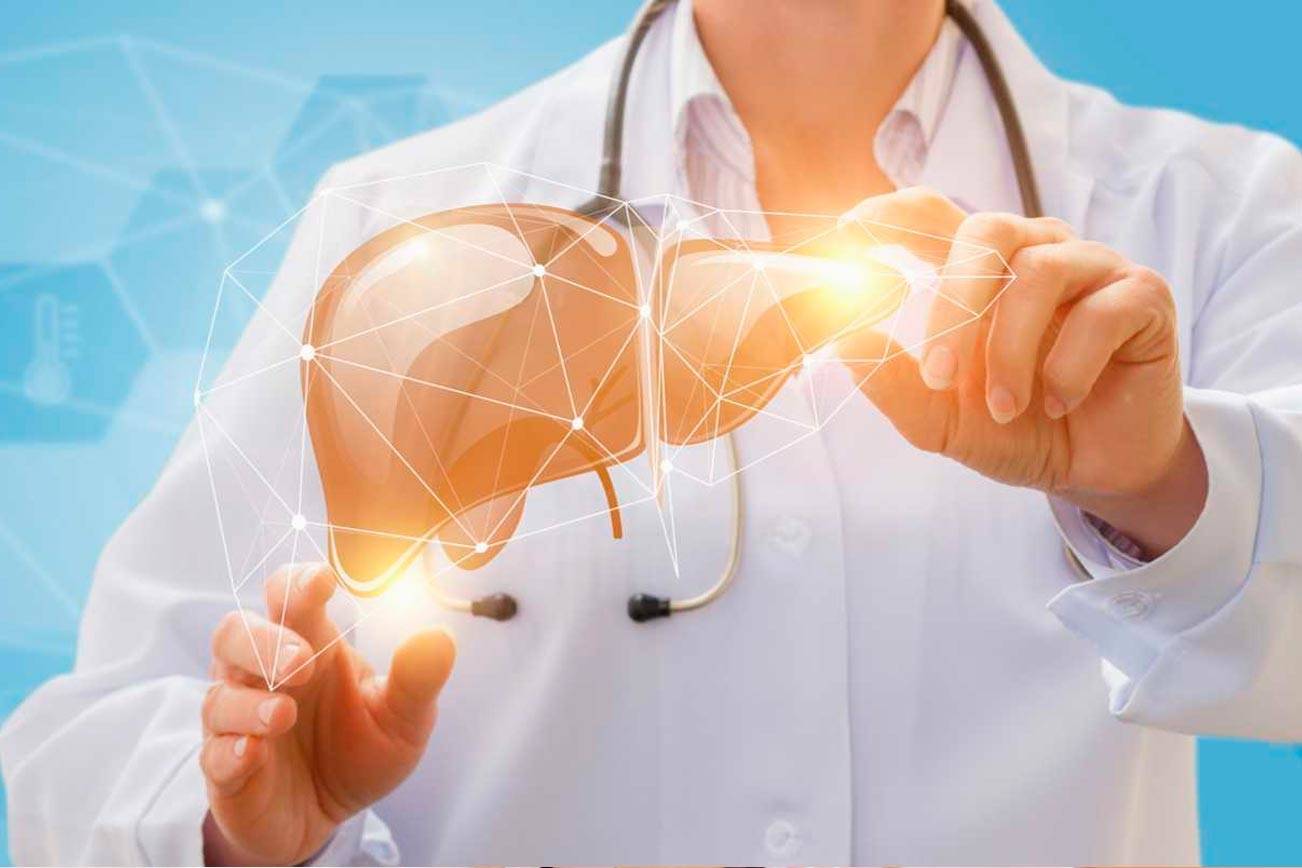The liver performs some essential functions every day in our body. The deposition of fat in your body is not limited to your thighs and belly, fat gets deposited to your internal organs as well. This can damage the organ and cause other health issues. The deposition of fat in the liver is referred to as fatty liver disease. It’s normal to have some fat in your liver cells. But too much can interfere with your liver’s normal functioning.
Liver functions – It acts as a filter to remove toxins from your blood. It helps digest your food. And it also helps keep your blood sugar constant, among other activities.
If fatty liver disease is because of certain health conditions, genes, diet, or digestive system then it is non-alcoholic fatty liver disease. Fatty liver disease due to heavy alcohol consumption is called alcohol-associated fatty liver disease.
Obesity and alcohol contribute to fatty liver disease. But more recently, scientists have learned that some toxins around us may also play a role. Since then, many more chemicals have been linked to fatty liver disease. Some are found in common household products and stick around in the environment. Chemical exposures may work together with other risk factors to worsen the disease.
Steps to protect your liver against fatty liver disease
Quit smoking –This will reduce the chances of developing non-alcoholic fatty liver disease.
Avoid heavy alcohol use - Drinking too much alcohol can have harmful effects on the liver.
Healthy lifestyle - The most effective measure to avoid any fatty liver disease is following a healthy lifestyle. Try to maintain a healthy weight and eat sensible portions.
Weight loss is helpful – If you are overweight, losing weight can also help as obesity is the prime cause of fatty liver disease. This also reduces your risk of heart attack and stroke. Heart disease is the leading cause of death in people with non-alcoholic fatty liver disease.
Limit the fat content in your meals - Replace saturated fats with healthier unsaturated fats, like those in fish, flaxseeds, and walnuts.
Avoid foods and drinks with large amounts of sugars, especially fructose - These include sweetened soft drinks, sports drinks, sweetened tea, and juices.
Eat more fruits, vegetables, and whole grains - You might also consider washing your fruits and vegetables before eating. This can lower your exposure to pesticides.

 Fatty liver disease has become common. Obesity and an unhealthy lifestyle with heavy alcohol consumption are the main contributing factors to it. It hinders the normal functioning of the liver. It is a silent disease that often shows no symptoms in its early stage. Here are some steps that can be taken to reduce the risk of developing this disease
Fatty liver disease has become common. Obesity and an unhealthy lifestyle with heavy alcohol consumption are the main contributing factors to it. It hinders the normal functioning of the liver. It is a silent disease that often shows no symptoms in its early stage. Here are some steps that can be taken to reduce the risk of developing this disease









.jpeg)











.jpg)








